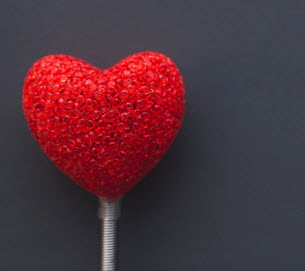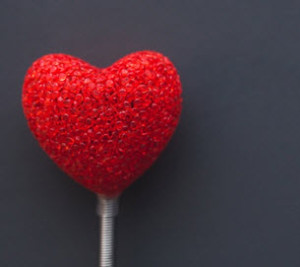Being an Atlanta therapist is great, and I meet many couples that need help. Therapy can certainly do the trick. But I find that many couples walk into our Atlanta therapy office thinking that the therapist is going to fix one or the other spouse. The truth is, you can’t change anyone else. You can only change you. With that being said, therapy can provide tools to help with boundary setting, communication, filling love tanks, and more.
Never heard of a love tank? Well, it’s a term that is often used by our Atlanta therapists to describe our feelings of being loved. We didn’t coin the phrase, but we’ve all used it at some point. So, imagine you have a tank inside of you. When you feel loved, it gets filled a little. When you feel more love, it gets filled more. The cycle continues. When you do not feel loved, the opposite occurs. When things that happen that cause you to not feel loved, the tank gets depleted. Or, if it has been a really long time since you felt loved, the tank can also get depleted.
Here’s the tricky part. Everyone feels loved differently, and many partners fail at showing love in the way that their spouse feels loved. I usually recommend that couples who come to our Atlanta therapist office read the book The 5 Love Languages by Dr. Gary Chapman. In the book he explains the basics of his theory on the love languages. It’s definitely worth the read.
In the book Dr. Chapman details the love languages of words of affirmation, quality time, acts of service, physical touch, and gifts. My general description is below, but if you want the full version you should read the book.
- Words of affirmation: This is positive and genuine compliments or words about your spouse.
- Quality time: This is time spent with one another. Usually this time is uninterrupted, meaning there are no televisions, no interruptions, no cell phones, or other media to distract.
- Acts of service: Things are done for your spouse. They usually help to make the spouse’s life easier or better. Think laundry, dishes, car washed, food on the table, back massage, etc.
- Physical touch: Stereotypically speaking, a lot of men think this is their big love language but it’s not. Physical touch as a love language includes any loving touch so holding hands, touching a shoulder, hugging, cuddling, etc. This does not only include “bedroom time.”
- Gifts: This is the act of giving a gift. The person who feels loved when they receive gifts tends to feel loved when the gifts are sentimental, but the gift can also be practical in nature.
I like to add a few love languages that Dr. Chapman does not include but seem valid. I don’t know that they fit in his nice little list, but I feel the urge to mention them. It’s the therapist coming out in me.
- Activities: This kind of relates to quality time but with a twist. Men stereotypically like activities. I’ve heard that men connect side by side, while completing a task or engaging in an activity. Women connect face to face, primarily by talking. I’ve met many men who express that they wish their spouse would join them in activities like biking, golfing, socializing, and swimming. This is different than typical quality time because there may not be a whole lot of speaking, but bonding can still occur.
- Safety: Many women cannot worry about anything until they feel safe. This doesn’t just apply to women, but it’s been found to be a core issue for them. If you have not established a safe place, you may be in trouble. Give a woman physical, emotional, and mental safety and she’ll be more apt to feel loved.
- Respect: This is geared more for men, but again it doesn’t just apply to men. Men tend to think in terms of hierarchy. They tend to believe that they should feel respected, and if they don’t feel so this may translate into not feeling loved.



